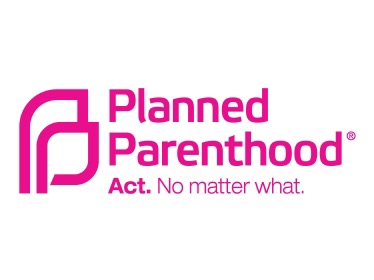During the “100 Days of Trump” event on April 24, a Planned Parenthood Club Executive Board member was asked by the Oxy Conservatives Club President: “I’m a man, I can donate to Planned Parenthood, why does it need funding?”
We found this question to be representative of a fundamental misunderstanding of how Planned Parenthood is funded, and we think it is important that all of us as a community come to this conversation with a basic understanding of the issues that directly affect people’s lives. We intend to hold all people accountable for this, in particular student leaders of campus organizations.
The federal government does not cut a blank check to Planned Parenthood. The public funding that Planned Parenthood’s health centers receive is mostly reimbursement through insurance, oftentimes Medicaid, for crucial services such as birth control, pap smears and STI testing. Without Planned Parenthood, there would not be enough health care providers to deliver the millions of medical services it provides each year. This is because most other providers can not accept Medicaid — its reimbursement rate is too low. Planned Parenthood covers this deficit through continual fundraising. Without Medicaid reimbursements, Planned Parenthood would be rendered incapable of covering the cost of services needed by low-income patients, even with donations.
Please consider the following facts (taken from Planned Parenthood’s website):
- At least 60 percent of Planned Parenthood patients rely on public health programs like Medicaid and Title X for their preventative and primary care.
- Planned Parenthood serves 1.5 million of Title X’s more than 4 million patients each year, helping people who often don’t have access to family planning care anywhere else.
- The government saves $7 in Medicaid-related costs for every dollar invested in publicly-funded family planning programs like Title X.
- Meanwhile, the Congressional Budget Office projects that barring Planned Parenthood health centers from being reimbursed through Medicaid would result in a net cost of $130 million to taxpayers over 10 years due to an increase in unintended pregnancies without the high-quality contraceptive care that Planned Parenthood provides.
It is of the utmost importance to us, as both representatives of Planned Parenthood at Occidental and people whose physical health is often directly tied to the work of this organization, to challenge anyone who questions its public funding. We ask this particular individual to consider their own biases and privileges, and think carefully about the following questions posed:
- Why are so many (particularly cisgender white) men so passionate about defunding an organization that primarily provides health care services to low-income women of color?
- What are the real consequences that these people will face should the effort to defund Planned Parenthood succeed, and these patients are no longer able to use their government insurance at their only accessible provider?
- Why is Planned Parenthood — the single greatest provider of women’s (and particularly women of color’s) health in the U.S. — subject to more scrutiny than virtually any other organization that receives public funding?
For many, public funding of Planned Parenthood is a matter of life or death. We hope that since this issue is so crucial, our peers will take it upon themselves to seek the information that is available on these matters and come to the discussion with evidence-based questions. There are many compelling questions and conversations to be had about how best to fund health care in the U.S., but the importance of funding Planned Parenthood should not be up for debate. We do not want any members of our community to underestimate the gravity of this situation nor the urgency to empower marginalized communities. If you would like to learn more and find resources, come to our meetings! Email plannedparenthood@oxy.edu to be added to mailing list, where we send out updates about our meeting times and events.
In solidarity,
Planned Parenthood Club at Occidental College
![]()































